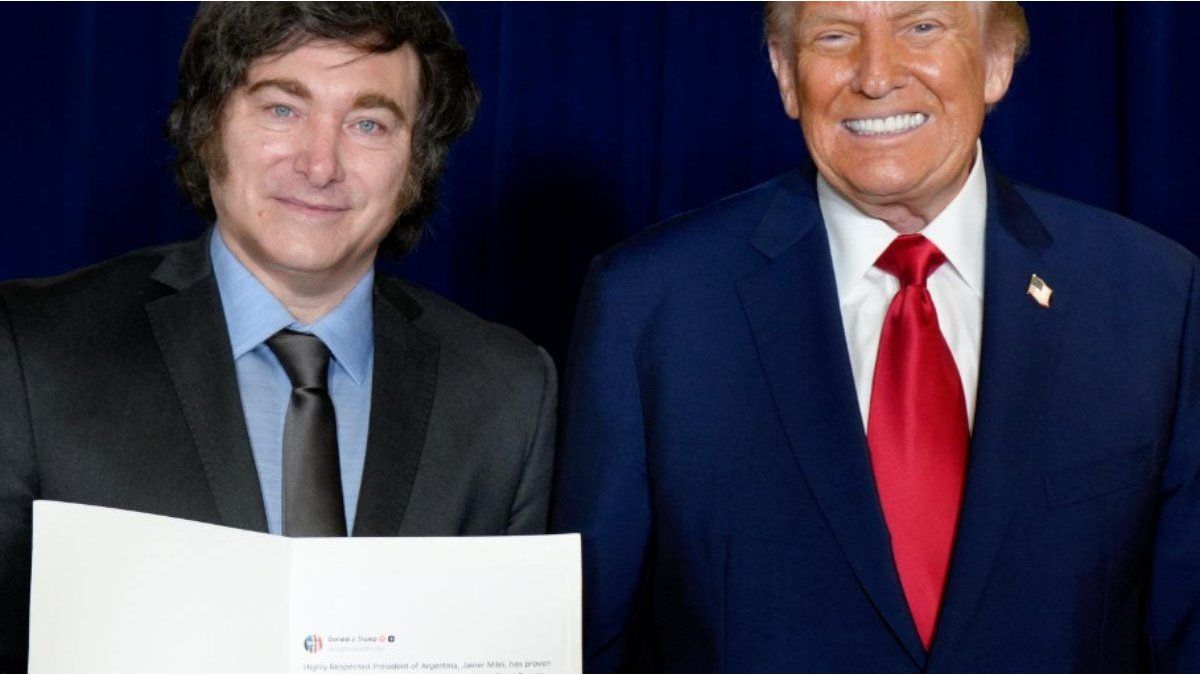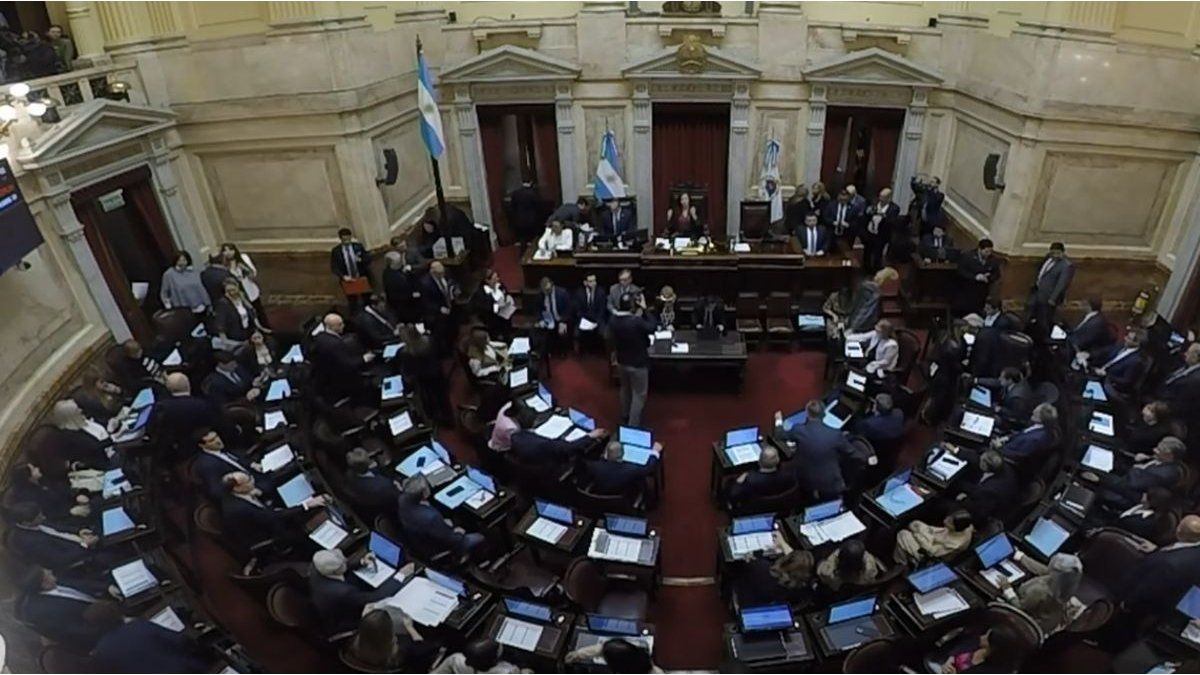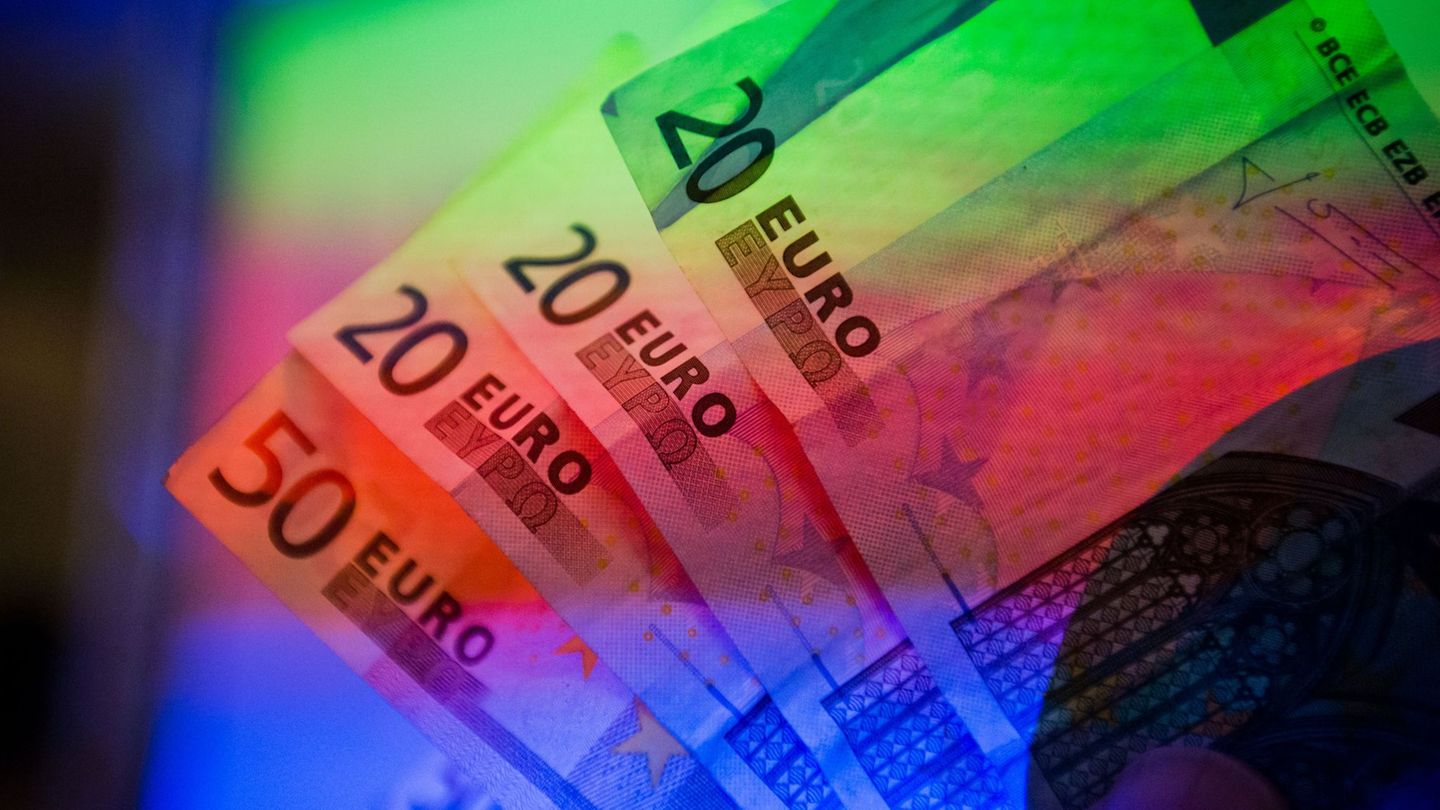And he does travel: a visit by the chancellor to Kyiv has been discussed for months. Olaf Scholz is here now. He raised his own expectations. He’s halfway through. Nevertheless, the host is satisfied.
What did Chancellor Olaf Scholz have to listen to in the past few weeks because he didn’t want to travel to Kyiv? He was accused of a lack of solidarity, a lack of willingness to act and defiance.
The Ukrainian ambassador Andriy Melnyk even called him an “offended liverwurst”. On Thursday afternoon he was standing in the park of the magnificent Marienpalast in the middle of the Ukrainian capital next to President Volodomyr Zelenskyy – and suddenly everything seemed to be fine again.
“I’m very satisfied with our meeting, I’ll say that openly,” said Zelenskyj at the press conference with a total of four EU heads of state and government, who made the arduous journey to Kyiv. Scholz is on the edge, Selenskyj in the middle, between the two Emmanuel Macron. Selenskyj’s words act like a hug over the French President. «We received the signal of association. (…) Yes, I am convinced that the entire German people support Ukraine.”
Unusually much praise from Selenskyj
There has probably never been so much praise for Germany from the Ukrainian side since the beginning of the war. Scholz had always said that he only wanted to travel to Ukraine if there was something specific to be arranged. “I’m not going to join a group of people who do a quick in and out with a photo op. But when it does, it’s always about very specific things.” This sentence is one of the most frequently quoted during his term of office to date.
Now – almost four months after the start of the war – he has actually traveled to Kyiv – and he has delivered. At least halfway. At the press conference, he promised Ukraine that he would do his best to become a candidate for membership of the European Union. This is one of the most urgent demands of the country, which has bravely defended itself against the Russian attackers for four months. “My colleagues and I came to Kyiv today with a clear message: Ukraine is part of the European family.”
No more gun promises
Macron, Italian Prime Minister Mario Draghi and Romanian President Klaus Iohannis, who are visiting Kyiv with Scholz, are also in favour. Especially with Macron one could not necessarily assume that. The EU summit is due to decide next week. It will still be a bit of work because unanimity is required, but a first step has been taken.
On the second important topic for Zelenskyj and Ukraine, Scholz does not provide anything new: There are no new commitments for heavy weapons, especially not for modern tanks, which Ukraine is hoping for. But even that didn’t seem to bother Selenskyj that day. “The deliveries are running and that’s what we expect,” says Zelenskyj.
16 hours on the way to Kyiv
For Scholz, the arduous journey should have been worth it. He was on the road to Kyiv for a total of 16 hours. Because the airspace is closed, he will only fly to Rzeszow in southern Poland on Thursday evening and then board the train in Przemysl on the border late in the evening.
Jörg Kukies and Jens Plötner, the Chancellor’s advisors on economics and foreign policy, have to heave the crates of food on board – chocolate bars, gummy bears and Pinot Noir from Baden – just what you need to survive a ten-hour train journey. It is the chancellor’s most dangerous and spectacular trip in his political career. And in the end probably the most important.
It overshadows all previous trips by top politicians to Kyiv: the heads of the three most populous and economically strong countries in the European Union make their way through the war zone together. Italy, France and Germany are members of the G7 of democratic economic powers, which Scholz currently chairs. France holds the EU Council Presidency. In Kyiv, Iohannis joins them – as a representative of the Eastern European countries that feel particularly threatened by Russia.
Petrified mine at the Irpin War Ruins
With Irpin, the group of four first looks at one of the suburbs that were taken by the Russian forces at the beginning of the war. Similar to neighboring Bucha, which Scholz drives through on the way there, almost 300 civilians, some of whom were executed, were found in Irpin after the Russian troops withdrew at the end of March. The Ukrainian Minister for Regional Affairs, Oleksiy Tschernyschow, leads Scholz and the others past the charred ruins of a residential building.
“That says a lot about the brutality of the Russian war of aggression, which is simply out for destruction and conquest,” said Scholz afterwards with a petrified mine. The destruction in Irpin is a “very important memorial” that something needs to be done. Macron spontaneously hugs Chernyshev at the end of the tour. Such words and gestures do Ukrainians good.
But they actually want something else from Scholz and Macron: action. At least in part, Scholz delivered. And he achieved something else on this journey. Now nobody will ask annoying questions about a trip to Kyiv anymore. That should also make it easier for him.
Source: Stern
David William is a talented author who has made a name for himself in the world of writing. He is a professional author who writes on a wide range of topics, from general interest to opinion news. David is currently working as a writer at 24 hours worlds where he brings his unique perspective and in-depth research to his articles, making them both informative and engaging.




